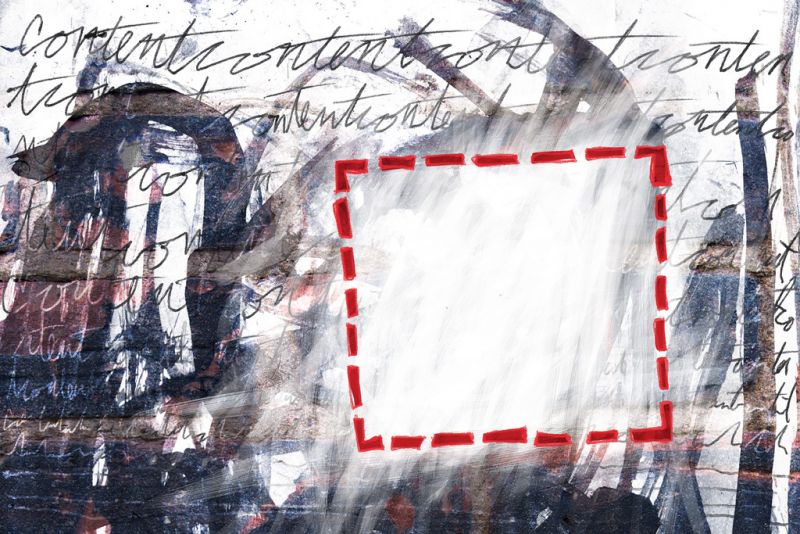
When the web was young, or at least when I was, websites had a very simple core.
The essential ingredient of the web is text, and that combined with some special interpreters is what makes the whole thing work.
As I grew up, I started to learn more about something called a CMS, or content management system. The goal with this type of software was to help ease the creation of new content, and also enable new types of querying that would be very difficult to do previously.
As a freelancer, I experimented with all types of systems. The main ingredients of all of them were an admin section to manage and create content, and a templating language to pull out that content.
At Signal Hill I work almost exclusively with the Sitemason CMS. Sitemason was new to me when I first started, but it didn’t take me long to get up and running. As I approach almost two years of working with this product, I thought it was time to share some of my feelings about it.
A Hosted Solution
Quite honestly, this was something that irked me quite a bit when I first started. The workflow of a lot of freelancers centers around a local install of some open source CMS as well as a local PHP and MySQL stack.
With a hosted solution, everything I do has to be on the server. All the files and changes I publish are live, so any kind of development would require an active internet connection.
While this adds a small bit of overhead to my workflow, the beauty of not having to worry about upgrades or maintenance has more than made up for it.
From the very first site I deployed to the one I am currently working on, I have never had to upgrade software, optimize a database, or troubleshoot permissions problems. I focus on my template files and that’s it. Everything else just works.
Clean Content
When working with any system, tradeoffs must inevitably be made. When a designer creates a website, they do so with the idea of buckets in mind.
We create a static look and feel, but in our heads we know which areas need to be filled with client content.
There can be a number of different approaches to ensure that the CMS is outputting what the designer is looking for. Sitemason provides a kind of menu for its content, and from that menu, I get to pick and choose what comes out at the end.
To be clear, Sitemason does provide a more comprehensive style of content output, where HTML and CSS are included in the final template, but this is not what I typically use. Instead, I prefer to pick and choose what I need.
Standards
Speaking of output, something should also be said for the fact that templating is done entirely in PHP. What this means is that there is no need to learn a proprietary templating language. Also, not only do I have access to Sitemason’s incredible support team, but I also have access to a myriad of PHP resources from all over the web.
The nice thing here also is that as I learn more about PHP, I have access to more features of the Sitemason platform, so the system can grow with me.
Support
Not too long ago I had a very old client reach out to me to fix a small issue on a WordPress site I built for them. I logged into the admin section, and surprise, they were several versions behind the current. Should I upgrade and risk breaking something I created years ago? Or should I just try to fix the issue and avoid the potential pitfalls of a CMS upgrade?
I decided to just try and fix the issue, so I fired up my text editor and started poking around. I found the culprit, but didn’t know how to fix it. No worries, I’ll just search around the web for an answer.
Load up a forum thread with a similar problem, no replies. Load up a blog that purports to solve the issue, there’s a solution, but it doesn’t seem to be working with whatever is unique to my install/template/hosting environment. Load up another forum thread, more solutions that worked for some, and not for others.
Who the heck do I talk to about an open source cms?!
That just isn’t an issue anymore. Whenever something makes me tilt my head and look quizzically at the screen, I just fire off an email to Sitemason support. My question is either answered quickly or the team is on the case figuring out what the problem is.
Such a resource is invaluable in our deadline driven line of work.
A Partner
I am a designer first and foremost, not a developer. I exist somewhere between a user and a real developer, but I know enough about web stuff to have an opinion. Sitemason values that opinion and is always seeking to improve their product based on it.
Sitemason’s goal is to have the platform, period. They want to be the foundation, and they want to know about anything that gets in the way of creating on that foundation. In fact the collaboration is so great, I have even been tapped to help direct a future Sitemason product, which I will talk about more another time.
Future
We view our collaboration with Sitemason as a selling point for our own services. We give our clients engaging content, beautiful design, and the tools to maintain and keep up the work that we started with them.
The web is a wild, wonderful, and ever changing place. It’s nice to have a friend to help navigate with.
